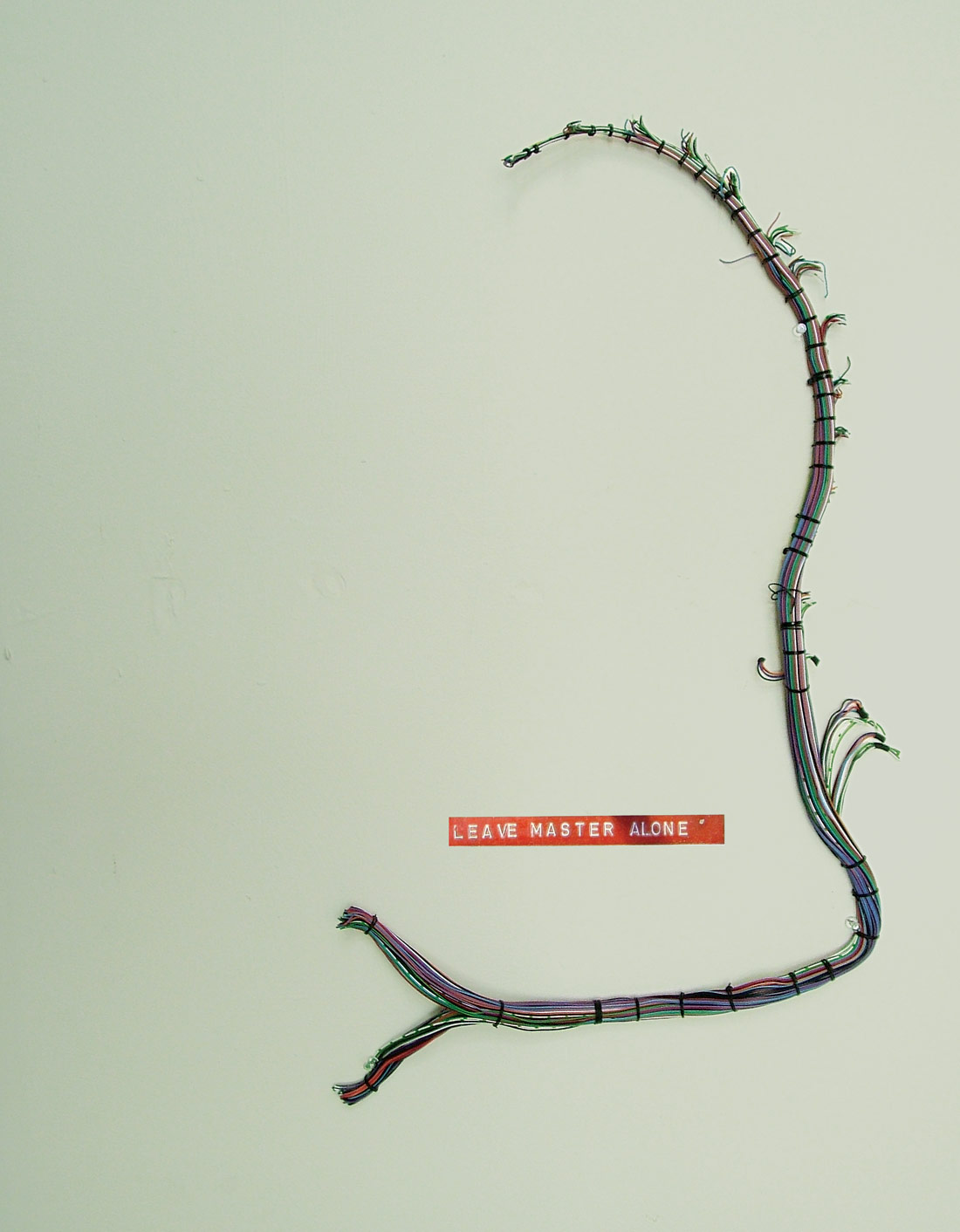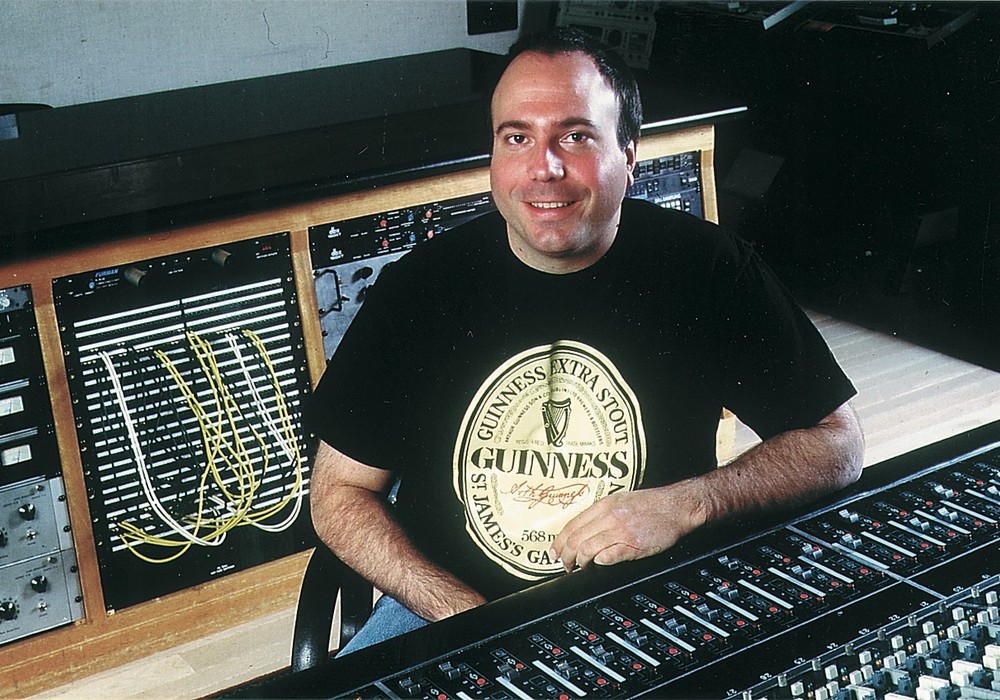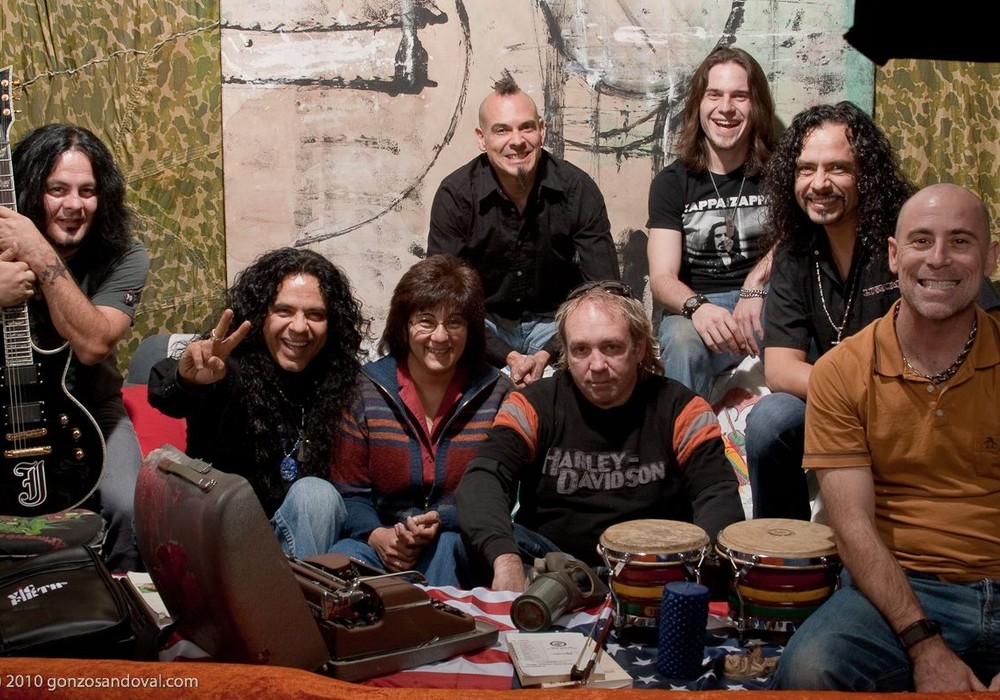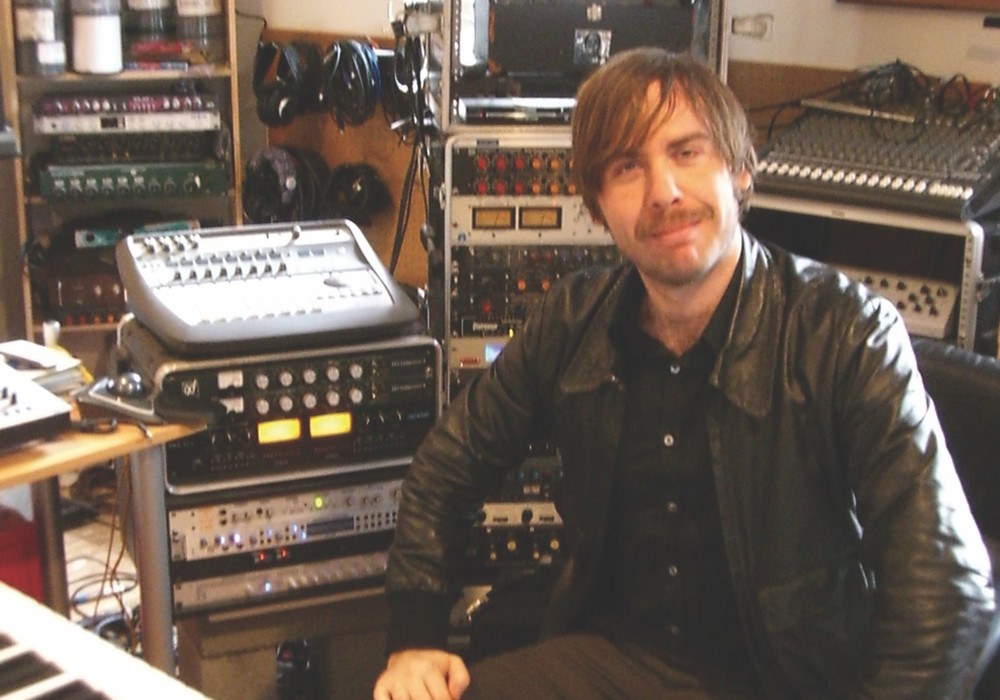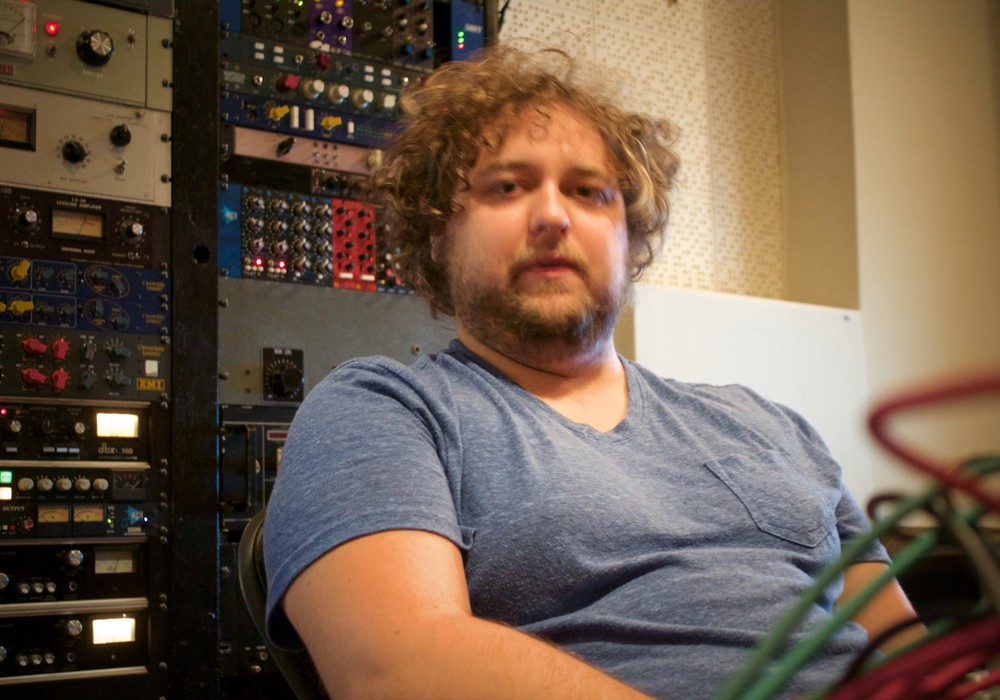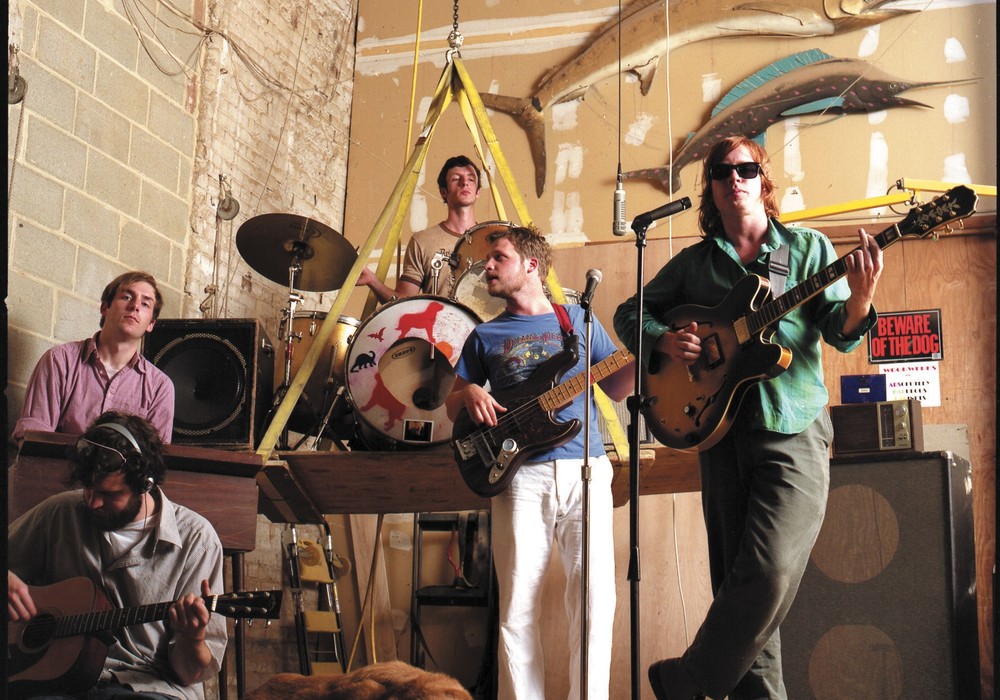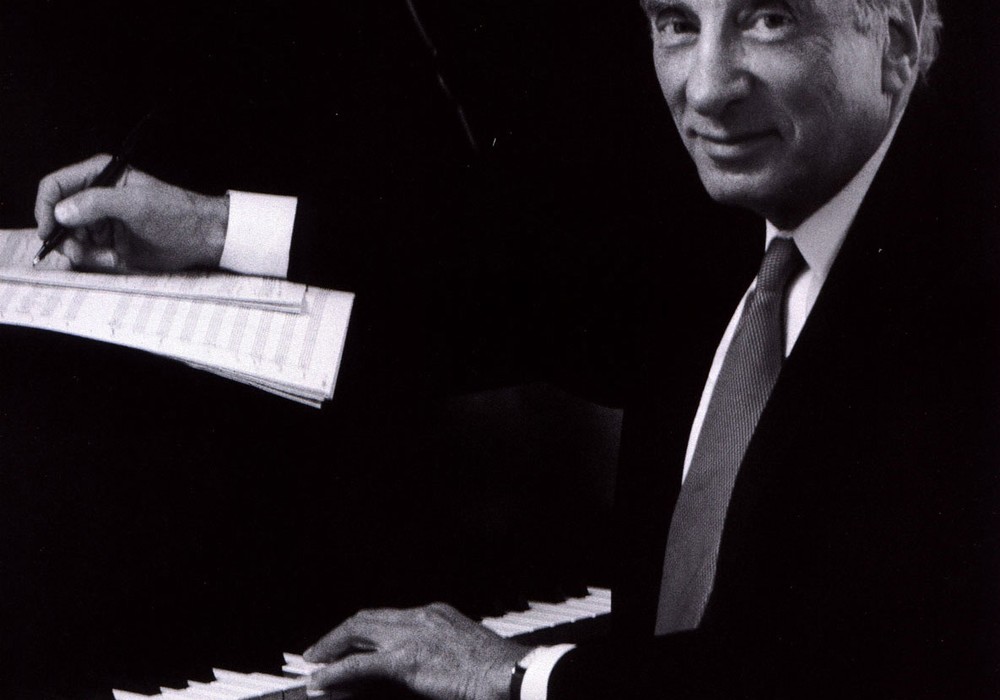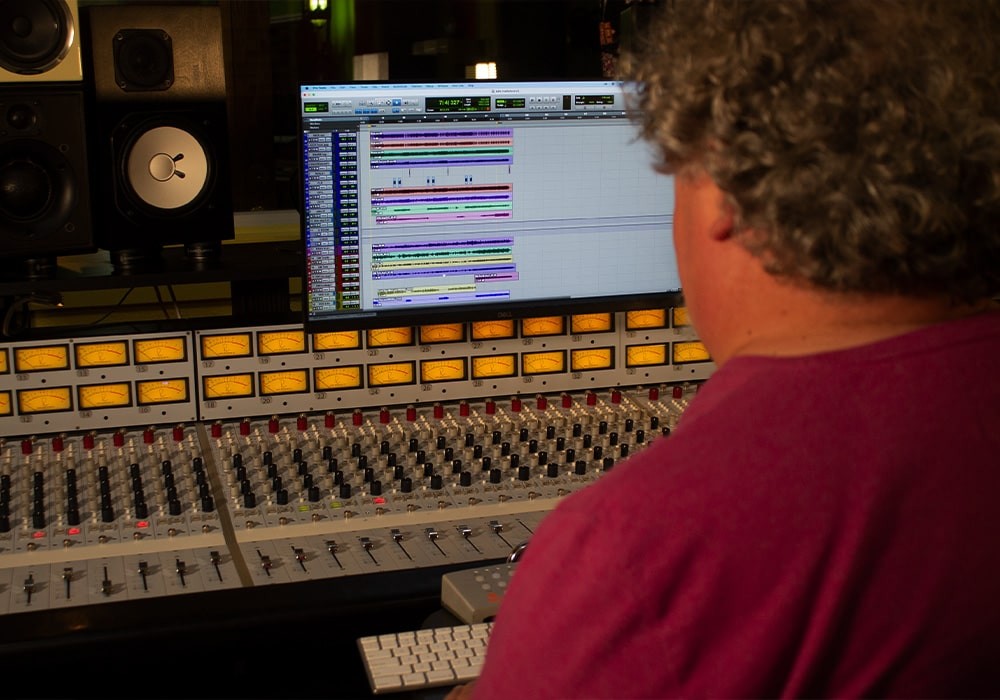"Cowboy" Jack Clement is a guitar player, singer, songwriter, engineer, publisher and producer, born in 1931 in Tennessee. He began working in Memphis at Sun Records in 1956, engineering and producing sessions for Roy Orbison, Carl Perkins, Johnny Cash, Charlie Rich and Jerry Lee Lewis. After falling out with Sam Phillips, he moved to Nashville and began working with Chet Atkins before moving to Beaumont, Texas, where he scored more hit songs. Eventually he returned to Nashville, where he remains today. He's the quintessential behind-the- scenes guy, the man who gets things done. His laid back style and soothing drawl belie the qualities that made him a success — energy, focus, keen intuition and a love of risk. A short list of other production credits includes Billy Lee Riley, Charley Pride, Townes Van Zandt, U2, Don Williams, Louis Armstrong, Frankie Yankovic and Waylon Jennings. At 79 Clement is still active, hosting a show on SIRIUS Satellite Radio and playing select dates with his band. He recently produced the album Ghost Town by the talented quintet, Marley's Ghost, where Cowboy even sings lead on a version of his tune, "Going Back To Bowling Green." Be sure to look for the documentary about Jack, Shakespeare Was a Big George Jones Fan, by Robert Gordon and Morgan Neville.
What got you started playing music?
I always liked to hear it on the radio. I listened to the Grand Ole Opry. I started playin' when I was 13. My father borrowed me a guitar from somebody. A couple of years later I got fairly good and [started] thinkin', "I want to make a career out of this." When I got to be about 14, I decided I was goin' to crash the Grand Ole Opry when I was 16. I lived in kind of a remote area and I didn't have many people to play with, but I talked to two or three kids around me who knew how to play guitar and a little mandolin and stuff so I'd have a band. I always had an impulse to get up a band — I still do. My latest band is the best band I've ever had.
How did you end up at Sun Studios?
I went to college two or three years at Memphis State. I never intended to graduate. I was takin' a sort of curriculum I thought would be good for somebody who wanted to be a writer — just a little bit of everything. In 1956 I had produced a record with a guy named Billy Lee Riley in a radio station, and I took it to Sam Phillips to have him master it ["Trouble Bound" and "Rock With Me Baby"]. He was still doin' that in those days — actually had lathes in the control room. One was for microgroove and one was for 78s. He liked it and wanted to put it out on Sun Records. He said, "That's the first rock 'n' roll anybody brought me around here." By then everybody was bringin' stuff to him. In Memphis, in the early stages, Sam Phillips was almost as famous as Elvis. He offered me a job, and two weeks later (June 15, 1956) I went to work there. I was in hog heaven 'cause by that time I'd got interested in recording and producing. Sam was the only engineer when I went there. He did all that stuff — runnin' the board and producin.' He did all of Elvis' stuff and early Johnny Cash stuff right up to "I Walk The Line" and beyond, but he was gettin' tired of all that. So I came along. I really liked that producin' thing. In fact I had built a little studio in a friend of mine's garage [Slim Wallace]. We started a record label called Fernwood, and we were gonna put out that first record. But Sam Phillips put it out instead and paid us a penny a record. [Slim] went on with Fernwood and had a big hit with Thomas Wayne called "Tragedy." We had built this little studio, and we had this Magnecorder tape recorder. It didn't have any echo. That's the first thing I wanted Sam to show me, is how you do that echo. I went to work there and I was havin' a ball. I brought Billy Lee Riley in and started cuttin' some more stuff with him. There was a guitar player named Roland Janes. Then this great drummer named J.M. Van Eaton came along. He wasn't but about 17, still in high school, but we started usin' him on everything. He's the guy that played on all that Jerry Lee Lewis stuff — the big ones at Sun. We'd have to wait 'til he got out of school, send somebody out to pick him up and he'd go down and play with Jerry Lee Lewis or Johnny Cash. He'd kinda rush a little bit, but it was okay back in those days. People that learned to play from those records do that too. There's nothin' wrong with rushin' a little bit. Back where I come from, if the drummer's keepin' perfect time, he's draggin.'
What did you do after Sun Records?
I left Sun around February of '59, and I didn't come immediately to Nashville. I'd been over here and worked in the RCA Studios and met Chet Atkins. He wanted me to go to work for RCA, but they wanted me to move to New York....
